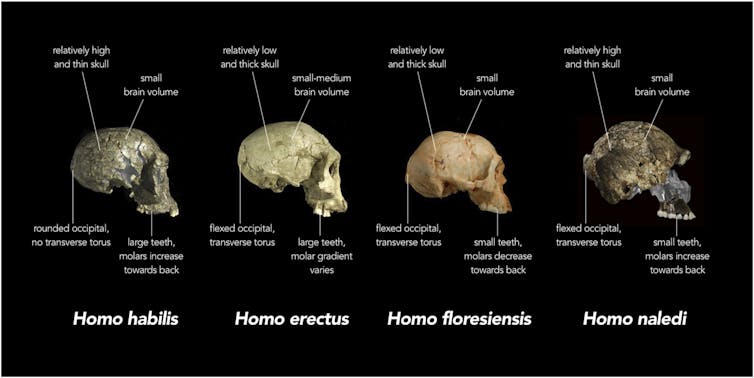Industry super funds MTAA Super and Tasplan have today finalised an unconditional agreement to merge on 1 October 2020.
MTAA Super oversees over $13 billion in retirement savings for workers in the motor trades and allied industries. Tasplan is a multi-industry not-for-profit fund managing $10 billion in assets.
The merger will create a combined national super fund with more than $23 billion funds under management and approximately 335,000 members.
The decision follows a comprehensive due diligence process ensuring both parties are satisfied the agreement is in the best interest of members of both funds.
The combined fund’s corporate and trustee functions will be based in Canberra, with satellite offices in Tasmania and other locations, in recognition of the merger’s ‘best of breed’ approach. MTAA Super’s administration services will be moved in-house to Tasplan’s Hobart facilities.
Fund Chairs, John Brumby of MTAA Super and Naomi Edwards of Tasplan, said the merger was driven by shared values and a desire to secure better member outcomes.
“Our organisations have a lot in common. We were both recently awarded Platinum status by SuperRatings as ‘best value for money’ funds, and we both have a strong focus on excellence. By combining our strengths, we are creating a multi-industry fund providing quality, customised service to members and employers across the country,” said Ms Edwards.
The combined fund’s scale will provide efficiencies that can be passed on to members through improvements to products and services, low fees and strong returns.
“Scale will help drive efficiencies and provide greater buying power,” said Mr Brumby. “This merger will enable us to negotiate top quartile investment management fees and take advantage of fee scale discounts. This means better value for money for our members.”
The merger comes as super funds face increased pressure to ensure they have sufficient scale to provide competitive products and services into the future.
The Chairs believe the merger will achieve a significant capability uplift and place the fund in a highly competitive position both now and into the future.
“The current political and legislative landscape will likely mean an increase in super fund mergers over the next few years,” they agreed. “By merging now, MTAA Super and Tasplan have chosen to be on the front foot and stay in control of our destiny, and member outcomes.
Completion of the merger coincides with the conclusion of Mr Brumby’s final term as Chair of MTAA Super. Mr Brumby said “I’m very proud of what MTAA Super has achieved in my 9 years as Chair. We’ve built a robust, resilient and strongly performing fund through strong governance and risk management, improved investment performance and a proactive compliance regime. We’ve improved our services to members and employers, while also keeping downward pressure on fees and costs This merger is an important continuation of a journey we’ve been on for a while now. I have no doubt it will lead to positive retirement outcomes for members now and well into the future.”
Ms Edwards, who has been Chair of Tasplan since 2011, will stay on as Chair of the new combined board. Having led Tasplan through several mergers which have seen the fund grow from $2.4 billion to just over $10 billion, she brings invaluable experience and leadership to the process.
“I would like to acknowledge the extraordinary contribution of John to the success of MTAA Super over the last 9 years,” said Ms Edwards.” Under John’s chairmanship, MTAA Super has become a top quartile performer, year after year, as well as a highly regarded corporate player and contributor to the motor trades sector. John will leave a very strong legacy when he retires next year and it will be a privilege to follow in his footsteps.”
On completion of the merger, Leeanne Turner, current CEO of MTAA Super, will assume the CEO role of the new fund to ensure continuity of leadership. Wayne Davy, current CEO of Tasplan Super, will continue in that role until merger completion date, working closely with Ms Turner to ensure a smooth transition.
Ms Turner and Mr Davy said their focus will now be on making sure the transition is as smooth as possible for members and employers.
“We’ve got a bit of work to do to consolidate our systems and processes. We’re confident this can be done with minimal impact to members. At the end of the day members and employers can still expect to receive quality support and services face-to-face, over the phone and online. That will never change.”








